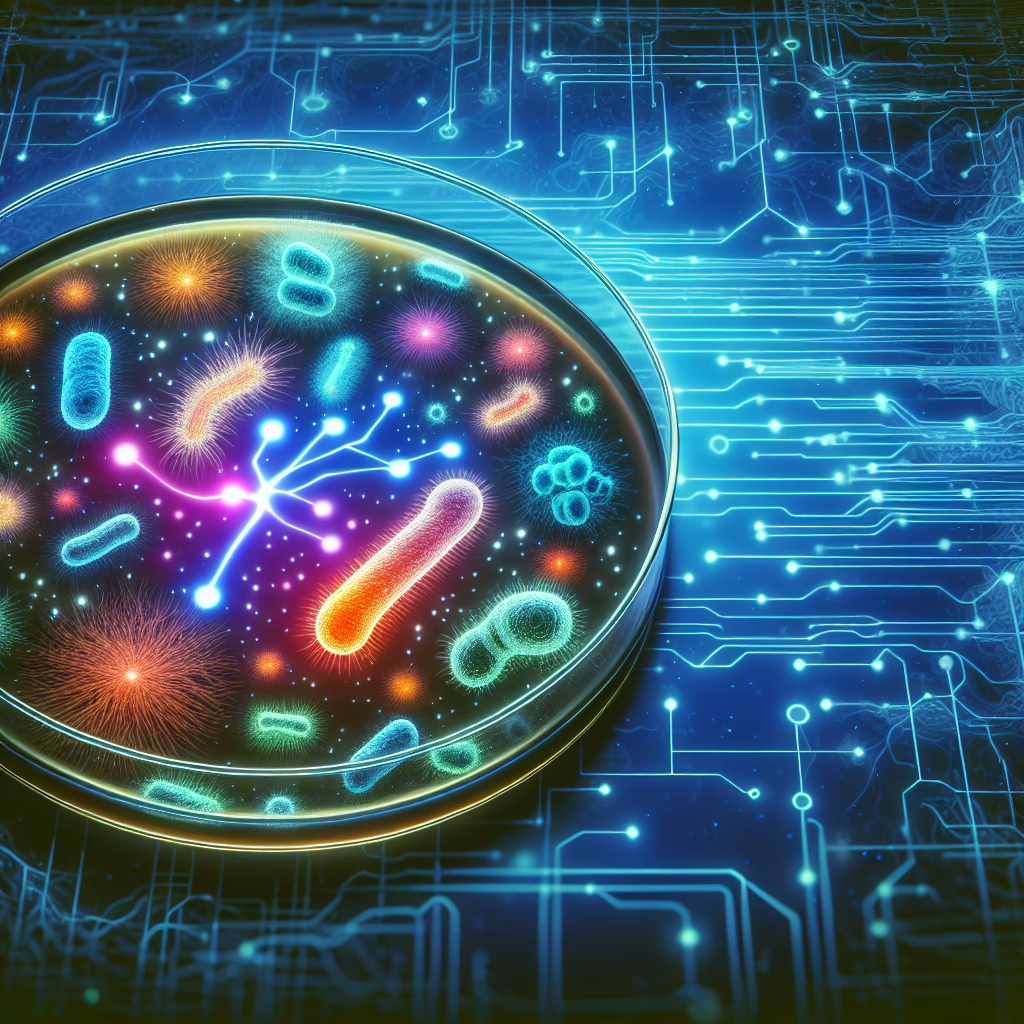In an electrifying twist of nature, scientists have uncovered a new breed of bacteria that conducts electricity. Yes, you heard that right! These tiny organisms are not just good for your gut; they’re also adept at channeling electrical currents. Welcome to the future, where bacteria could revolutionize our understanding of electricity and its myriad applications.
Meet the Microbial Marvels: Electricity-Conducting Bacteria
This groundbreaking discovery reveals that certain bacteria can transfer electrons in a way previously reserved for metals. Imagine a microscopic superhighway bustling with tiny vehicles (or electrons) zooming along, making these bacteria nature’s very own power lines. Researchers stumbled upon this phenomenon while studying biofilms—those slimy layers that can build up on surfaces in damp places.
The specific bacteria in question belong to a group known as Geobacter. They thrive in environments rich in organic material, like marshes and sediments, making them quite the environmentalists. Not only do they conduct electricity, but they also help in bioremediation processes, breaking down pollutants while they’re at it. Talk about multitasking!
The Science Behind the Shock
So how do these remarkable microorganisms manage to transport electricity? Well, it’s all about their special filaments called pili. These pili act like nanowires, allowing electrons to travel from one bacterium to another with astonishing efficiency. It’s as if each bacterium is connected to a supercharged grid! Researchers are now excitedly investigating how we might harness these natural capabilities for future technologies.
One can only imagine the possibilities: from sustainable energy solutions to advanced bio-sensors that could change healthcare forever. Picture a world where your morning coffee is brewed with electricity generated by bacteria in your garden compost! The potential applications are as vast as the ocean.
Electricity-Conducting Bacteria and Renewable Energy
The implications of these findings extend beyond just scientific curiosity. Imagine if we could utilize these bacteria to create eco-friendly batteries or fuel cells. Researchers are already exploring ways to integrate these microbial powerhouses into energy systems, potentially leading to cleaner and more efficient energy sources.
- Eco-friendly batteries: Harnessing the power of bacteria for storage solutions.
- Bio-sensors: Developing advanced healthcare applications with bacteria.
- Sustainable energy: Pioneering clean fuel cell technologies.
The concept might sound like something out of a sci-fi novel, but it’s becoming increasingly plausible. With ongoing research, we might soon be charging our devices using nothing but the power of nature’s tiniest electricians!
A Bright Future Ahead
The journey into the world of electricity-conducting bacteria has just begun, and researchers are brimming with excitement about what lies ahead. As they delve deeper into the capabilities of these organisms, who knows what other surprises await us? Perhaps we will discover even more efficient ways for bacteria to help us tackle pressing global challenges such as pollution and energy shortages.
While we wait for these bacterial breakthroughs to hit the mainstream market, let’s take a moment to appreciate the wonders of microbial life. They remind us that sometimes the smallest things can have the biggest impacts—just like your last attempt at gardening!
If you’re intrigued by this shocking revelation (pun intended), share your thoughts on how you envision these electricity-conducting bacteria influencing our future. For further insights into the incredible world of bacteria, visit our articles on remote job security and Windows 10 upgrades. Let’s spark a discussion in the comments below!

